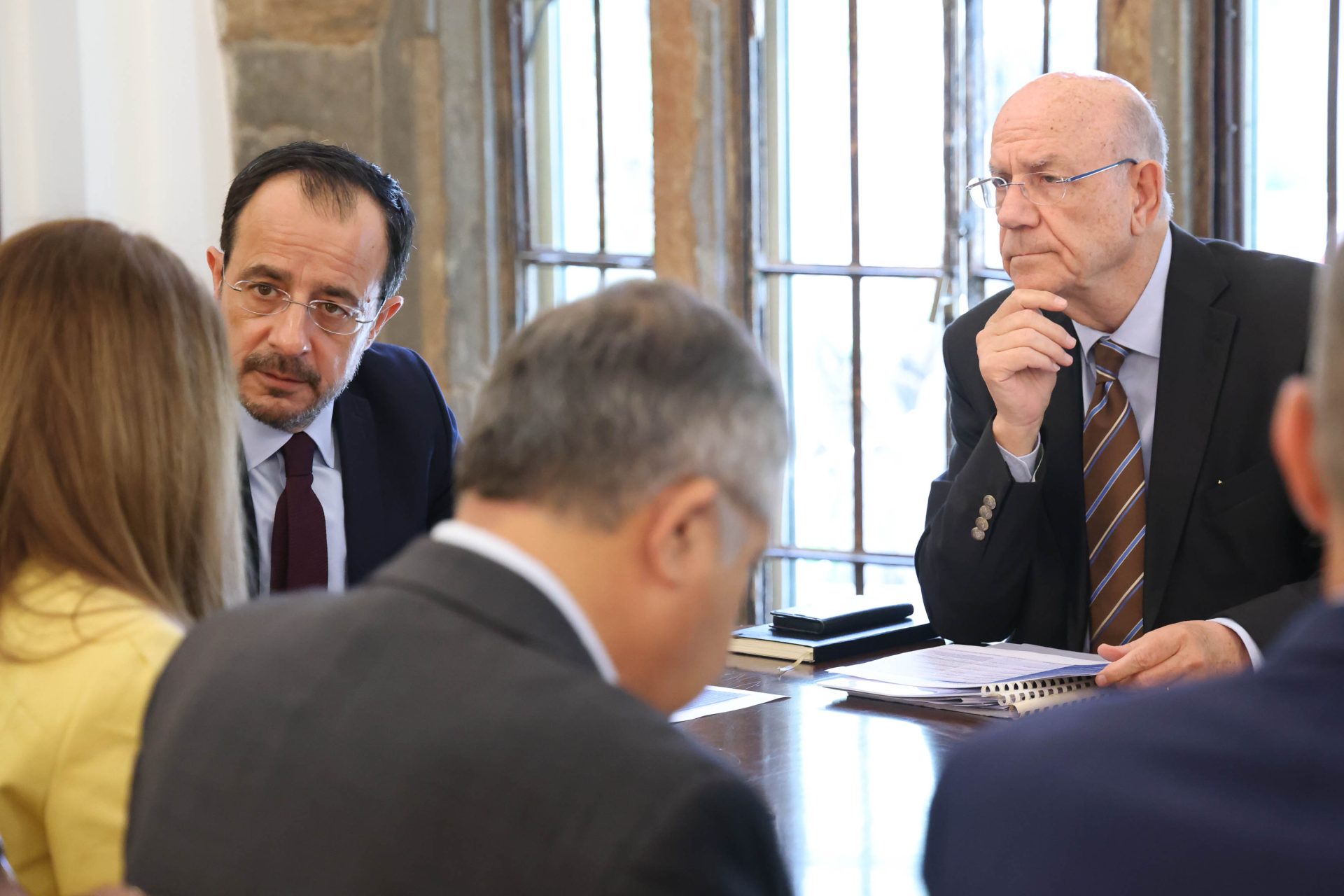Lawyers and accountants have filed a torrent of objections to the proposed tax reform which, were their suggestions to be adopted, would upend the government blueprint.
They filed their comments in the context of the public consultation over the six bills drafted by the government regarding the planned overhaul of the tax system, expected to be implemented early next year.
According to a tally done by daily Philelefheros, the bar association and the Institute of Certified Public Accountants jointly filed 432 comments.
The two associations – representing powerful business interests – essentially went through each article in the draft government bills.
The bar association has serious reservations about the tax reform drive. For one thing, it questions the legality and constitutionality of several clauses featured in the government bills. For another, it says the financial impact studies – done by the University of Cyprus – are being kept from the public. And the lawyers warn of subsequent legal action should the legislation, as it stands, pass.
Among their comments/objections filed, the bar association rejects outright the proposal to raise corporate tax from 12.5 per cent currently to 15 per cent.
They cite the examples of other countries, like Estonia, which only taxes distributed profits – such as dividends, fringe benefits, gifts, donations and taxable expenses.
A major disagreement relates to the government expanding the definition of a tax resident. Under the government proposal, a tax resident is a person who does not reside – for one or more periods –outside Cyprus for more than 183 days in the same tax year.
Lawyers warn that expanding the scope of tax residency in Cyprus would lead to uncertainty and/or create double taxation or external taxation where no double taxation avoidance agreements exist.
They are also against the proposed method of calculating taxable income for the purposes of granting tax deductions. According to the government legislation, income would be tax-deductible for a family with an income up to €80,000, and €40,000 for single-parent families.
Moreover, lawyers oppose the powers to be vested in the tax commissioner to seal (suspend the operations) businesses with tax arrears. They call this unconstitutional.
Another bone of contention is the government’s plan to tax bonuses or gratuities given to employees via various retirement schemes, be it for early retirement or not. The government proposes taxing such gratuities at 20 per cent where their value exceeds €20,000.
Likewise the accountants oppose raising corporate tax, as well as the proposal to increase fines on tax debtors.
For its part, the Chamber of Commerce and Industry (Keve) has also voiced concern over aspects of the proposed tax reform. In particular, they’re worried about creating dual tax residence, as it may deter foreign investors.
In close collaboration with the Economic Research Centre at the University of Cyprus, the government has put forward a sweeping tax overhaul that it says will broaden the tax base, toughen enforcement and ease the burden on households and businesses.
According to Finance Minister Makis Keravnos, under the changes 60 per cent of people would not pay tax – compared to 45 per cent now.
Cyprus already has the highest tax-free rate in the European Union at €19,500, set to increase to €20,500.






Click here to change your cookie preferences